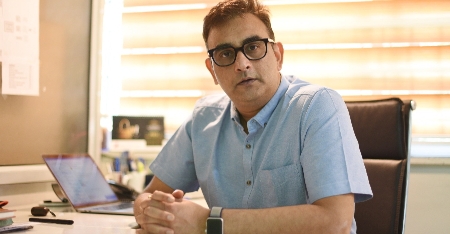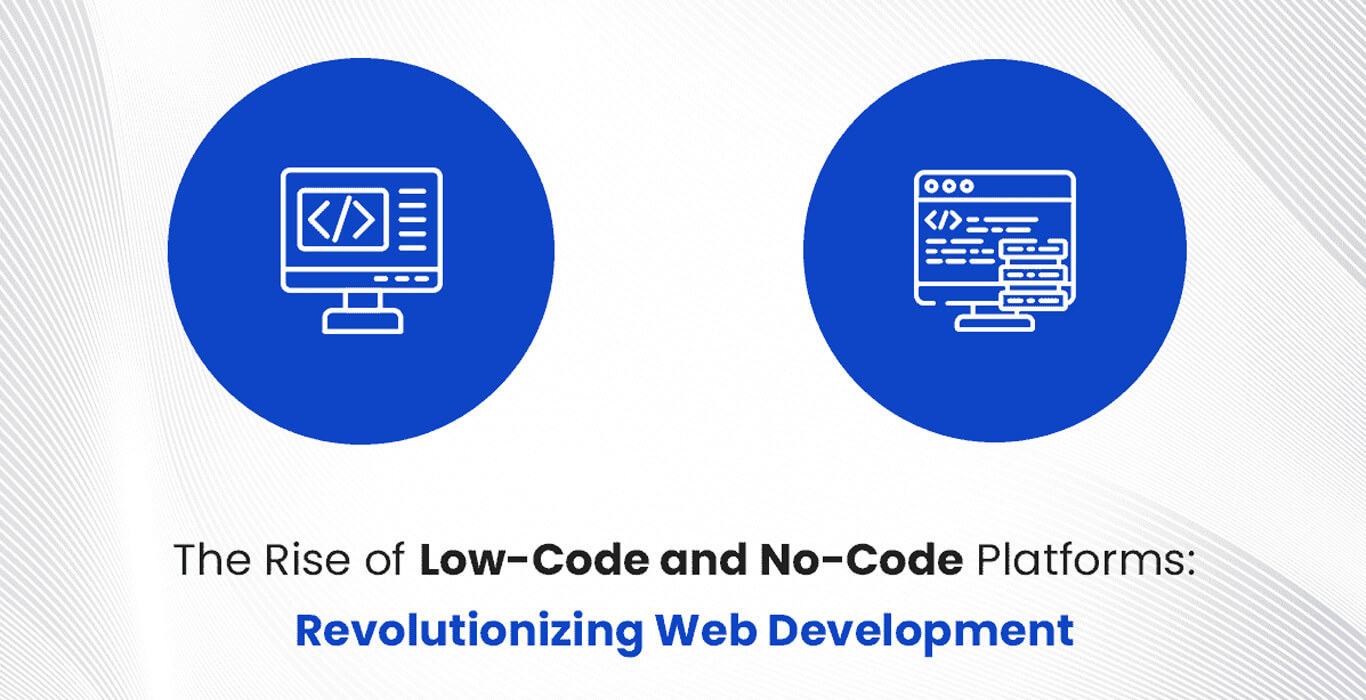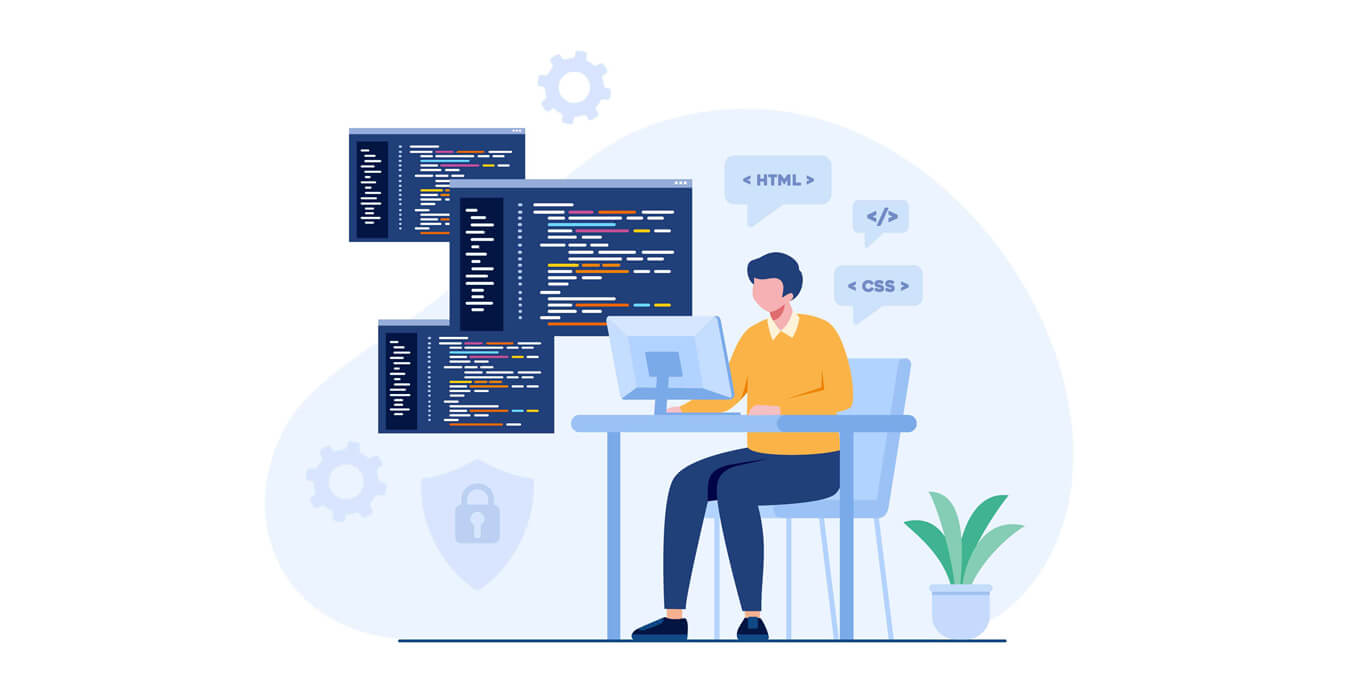“Security is not a product, but a process.” – Bruce Schneier
Businesses must put a high priority on safeguarding their online presence as cyber-attacks have become more sophisticated these days. As the CEO of IKF, a renowned website development agency in India, I know first-hand the crucial significance of website security.
I want to share my knowledge and observations about the best practices for website security in this blog.

Whether you’re searching for web design services in India or a web development agency in India, putting focus on these security measures can safeguard your site and shield it from potential security breaches.
Recognising the Threat Environment
Cross-site scripting, malware code, and other security flaws are everywhere in the huge online universe. Building a secure website begins with being aware of the threats that could arise.
Consider the following important details:
1. Malicious code
- Malicious code, such as viruses and malware, can jeopardise the security of your website and the information of its users.
- This danger can be reduced by running regular virus scans on your website and updating your software.
2. Cross-site scripting (XSS)
- When malicious actors insert malicious code into your website, the code then runs in the browsers of your users.
- These attacks can be avoided with the use of proper input validation and output encoding.
Putting Security Measures in Place
You must take proactive measures to defend your website against security threats. You can dramatically lower the chance of a security attack by putting these security precautions into action:
1. SSL certificates
- Secure Sockets Layer (SSL) certificates create an encrypted connection between your website’s visitors and the server, guaranteeing that sensitive data sent over the connection is transmitted securely.
- A vital step in creating a secure website is acquiring and installing an SSL certificate.
2. Site security
- Using strong, one-of-a-kind passwords for all accounts connected to your website, implementing secure coding practices, upgrading the software and plugins on a regular basis, and updating your website’s code are all essential measures in making your site secure.
- To further filter out harmful traffic, think about utilising a web application firewall (WAF).
Defending Your Website Against Common Security Threats
Take into account the following best practises to shield your website from typical security threats:
1. Data backups
- Data backups must be performed on a regular basis for your website.
- Having current backups enables you to swiftly restore your website and minimise downtime in the event of a security incident or any other unanticipated situations.
2. Control of user access
- By limiting user access to only those who need it, the risk of unauthorised access is lower.
- Review and purge user accounts as needed on a regular basis, and check that each account has the right access permissions.

Be Informed and Watchful
The continual process of maintaining website security necessitates constant observation and familiarity with the most recent security developments. Take into account:
1. Security audits
- To spot vulnerabilities and take rapid action to fix them, conduct regular security audits.
- You can get help undertaking thorough security audits from a website development company based in India with experience.
2. Security notifications
- By subscribing to security notifications from reputable sources, you may stay up to date on the most recent security risks and vulnerabilities.
- You can then take preventative steps to safeguard your website.
Contact IKF, India’s leading website design and development company, if you’re looking for top-notch services.
Our knowledgeable team will make sure that your website is created with strong security measures in place and is both aesthetically pleasing and functionally attractive. Get in touch now!

Ashish Dalia is the CEO & Chief Digital Marketing Strategist at I Knowledge Factory Pvt. Ltd.

Ashish Dalia is the CEO & Chief Digital Marketing Strategist at I Knowledge Factory Pvt. Ltd.











